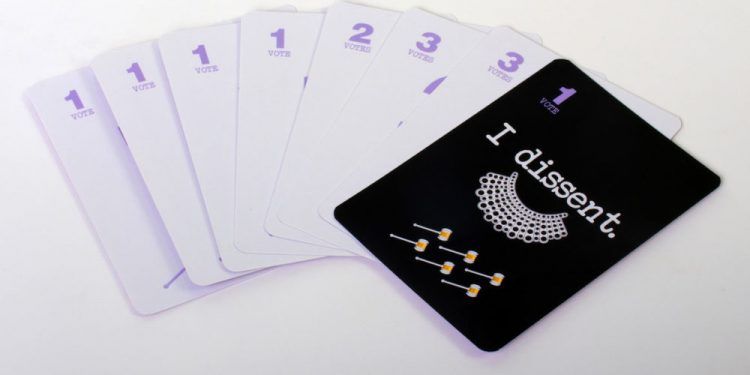Yogesh Pratap Singh & Ashirbad Nayak
If all mankind, minus one, were of one opinion, and only one person was of the contrary opinion, mankind would no more be justified in silencing that one person, than he, if he had the power, would be justified in silencing mankind.” This statement of John Stuart Mill highlights the importance of dissent, that is to differ in opinion or feelings, which is the hallmark of the inquisitive spirit of mankind. By suppressing dissent humanity is deprived of the truth and will not progress.
If the opinion is false then again humanity loses, as it will be shown to be so. But expression of dissent is useful as it forces us to restate reasons for our beliefs. Therefore, humanity benefits when someone is free to express himself, even if he finds himself alone in stating his opinion.
One thing the recent protests and counter protests across the nation have demonstrated is that Indians today are more vocal about their political views and are extremely prejudiced than ever before against opinions contrary to theirs. Depending on the side you pick, you will be branded a ‘bhakt’ or an ‘anti-national’. This leaves no room for a contrarian view and constructive dialogue between both sides, remains conspicuously absent.
Nowadays, protests take place as much on the streets as they do on the social media platforms. In this era of social media civil wars, cyber-bullying, trolling, and meme-shaming are the weapons of choice against those who hold contradictory views.
But if we step back and observe the rabidly vocal groups on social media, it becomes evident that these groups do not reflect the mindset of all Indians. Most want to understand an issue before formulating an opinion about it; however, fear-mongering by primetime news, Facebook feeds and messages on WhatsApp groups rarely allow us this luxury.
Social media have been failing as a means to foster democracy. They are increasingly seen as potentially useful tools that can be blocked and regulated by clever tyrants. Recent research suggests that in some cases, social media may actually help dictators, so long as they put up sufficient barriers to contrary views.
Caught in the dilemma as to whether one must understand an issue and react, or one must react instantaneously, the majority chooses to remain silent, as they do not want to be caught in the crossfire between either group and be branded. Consequently, people censor themselves and refrain from voicing opinion, a phenomenon called ‘chilling effect’ in legal terms.
Celebrated American Jurist Justice Oliver Wendell Holmes once remarked: “The world is a marketplace of ideas.” Woefully, today such a concept is unpalatable to many. Upholding the superiority of one’s viewpoint and ignoring others to the extent of proscribing expression of many has dangerous ramifications. United we stand, divided we stand for different ideologies, making us easy pickings for people who benefit from conflict.
Fractured societies cannot be functional. One direct impact of such a society is that its media loses credibility. Media are meant to act as catalysts of democracy and facilitate public participation in the process. If they are honest and have integrity, democracy will flourish and gaps in governmental can be beavered. Benito Mussolini has rightly said: “Democracy is a kingless regime infested by many kings who are sometimes more exclusive, tyrannical and destructive than one, if he be a tyrant. It is the fear of being exposed by the media before the public that makes most politicians keep themselves under control to some extent.”
But if the media is prejudiced, crooked, and speaks only for power, it will affect the functioning of democracy. The fabled fourth pillar of Indian democracy is crumbling; if curative measures are not taken, it will be calamitous. Empowering free media to discharge critical roles of being an ombudsman over the government and educating people about the real issues affecting their lives requires not only skilled and principled journalists but also supporting professional media
organisations.
The writer is professor of law at National Law University. Ashirbad Nayak is a final year student of law at NLU.







































